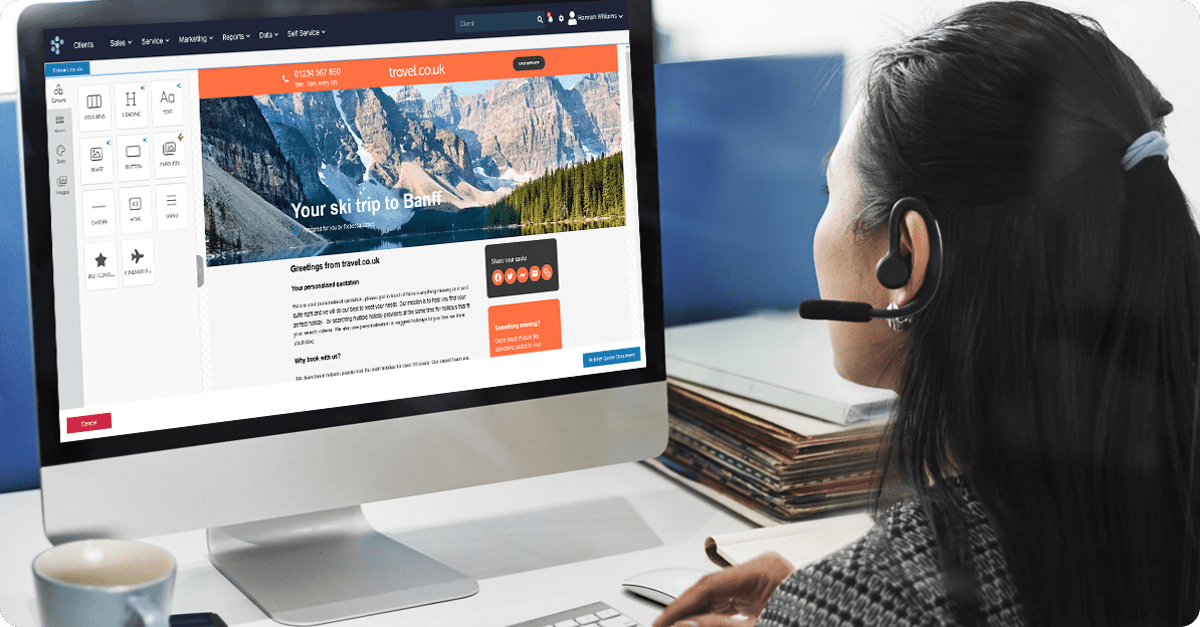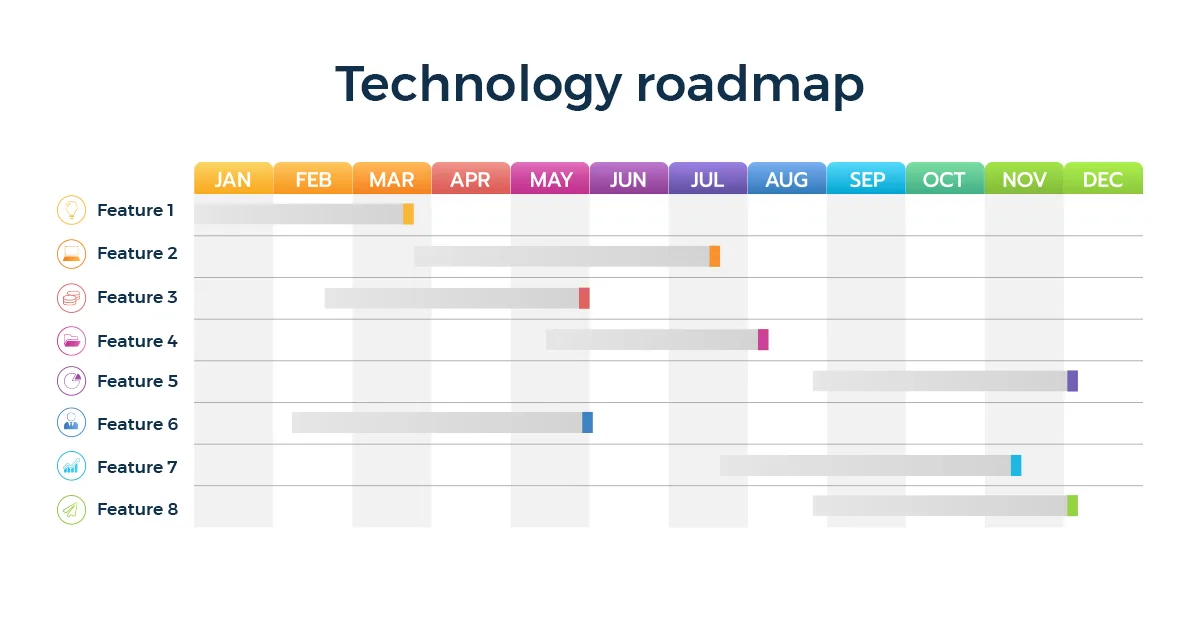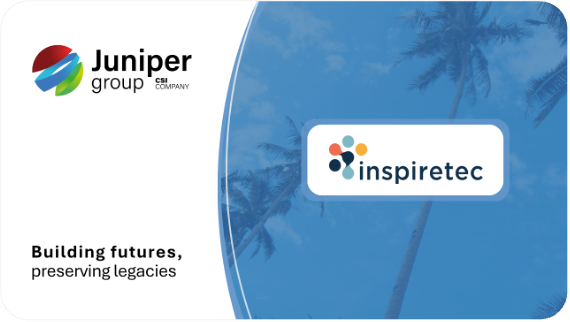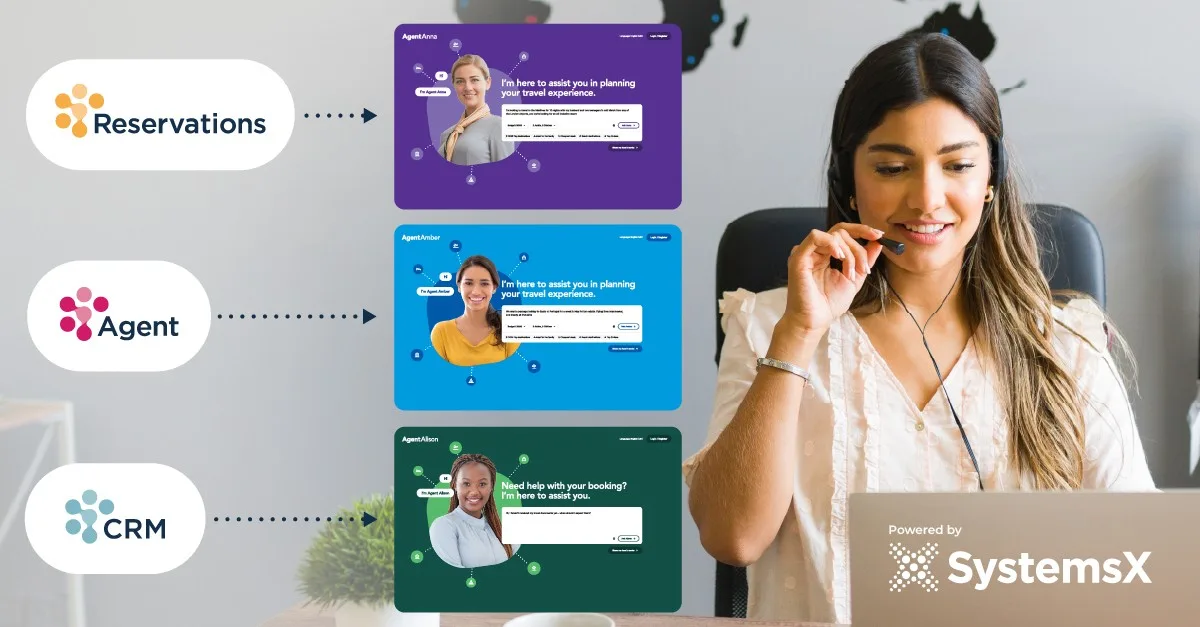The travel industry has been through many transformations due to technological innovations and advancements. We have seen major leaps in tech from Viewdata to the internet and then mobile phones. Now we have artificial intelligence (AI) which has emerged almost from nowhere as the latest trend reshaping the way we plan, book, and experience travel. From chatbots providing instant assistance to predictive analytics shaping pricing strategies, AI is becoming a powerful force driving efficiency and personalisation in travel technology.
Despite the promises of enhanced customer experiences and streamlined operations, travel agents, the stalwarts of the industry, approach AI with a degree of caution and reservation. The core issue at the heart of this scepticism is trust, a crucial element in an industry built on personal connections and expert advice. Can AI be trusted to provide accurate and emotional responses, and does it pose a threat to jobs? While these concerns are valid, at Inspiretec, we believe AI should support and empower agents, enhancing rather than replacing their roles and allowing the agent to do what they do best – building relationships and delivering a very personalised experience.
What is AI?
AI refers to the simulation of human intelligence in machines, enabling them to perform tasks that typically require human intelligence. This encompasses a range of capabilities, from problem-solving and learning to understanding natural language and recognising patterns. At its core, AI aims to replicate cognitive functions, allowing machines to analyse data, make decisions, and adapt based on experiences.
AI’s impact on the travel sector
1. Customer experience
AI has the power to revolutionise customer experiences, optimise operations, and enhance decision-making. More and more companies are trying to use AI to drive chatbots with varying success, but also to serve up information at the right touch points in the travel industry, whether it be in a call centre, online, or through mobile.
2. AI-driven personalisation and recommendations
Personalisation can lead to higher customer satisfaction and increased revenue. Studies show 80% of consumers are more likely to make a purchase when brands offer personalised experiences.
We’re already seeing today many marketing tools have elements of automation powered by AI and it’s something that’s becoming more prominent.
3. Efficient travel planning and booking
AI can simplify the travel planning and booking process by automating repetitive tasks such as data entry and payment processing. AI-powered travel platforms can also analyse vast amounts of data to find the most cost-effective and convenient travel options for users, saving them time and money.
4. Predictive analytics for pricing
Pricing and revenue management are difficult for a human to do with a spreadsheet. AI algorithms can analyse an abundance of historical pricing data, current market conditions, and user behaviour quickly to predict future pricing trends for flights, hotels, and other travel services.
5. Enhancing travel safety
While facial recognition technology is advancing to enhance security and streamline the check-in process at airports and hotels, the travel industry is yet to fully utilise AI for proactive safety measures. However, it has the potential to contribute to travel safety by analysing real-time data from various sources to provide travellers with updates on weather conditions, traffic, and potential safety risks.
Can AI be trusted?

I believe the biggest challenge with the current state of AI is trust. While AI might excel in processing vast amounts of data and making complex decisions, challenges arise in ensuring ethical use, transparency, and accountability. What information are you getting back? Is it the right information? Then how should you use that information?
The main reason customers use a travel agent is trust. People go into a retail travel agency because they want a personalised and stress-free approach, where they can have a one-to-one conversation and build a relationship. Travel agents have an abundance of expert knowledge, drawing from firsthand experiences from fam trips and industry insights, that allow them to offer tailored recommendations.
Travel agents offer a crucial human touch, providing unmatched customer service, reassurance, and assistance. They excel beyond itinerary planning, adeptly managing complex logistics, discovering exclusive deals, and seamlessly addressing unforeseen challenges. This level of trust and dedicated advocacy contributes to the lasting allure of travel agents, especially in an era where the demand for expertise and personalised service is paramount.
AI as a supporting role
At Inspiretec, we truly believe AI can be used to support agents rather than replace them. By automating mundane tasks and facilitating data-driven decision-making, AI enables travel agents to focus on putting together a really good itinerary or getting to know their customers.
Simon Powell, Inspiretec CEO, said: “Agents can use AI to do some of the workload that sits behind creating different content, maybe 50-80%, and then spend the time actually making that content personal to the client.”
Real-world applications for AI
As well as using AI operationally across our development team for checking code and making it more efficient, at Inspiretec we are using elements of AI within our travel platform to help travel agents work more efficiently.

We have a new content-rich quoting solution called Canvas that takes a quote, adds in content from your CMS or your website, but also lets you create content on the fly using a ChatGPT integration. This is particularly beneficial for FIT-type travel businesses with bespoke itineraries who don’t necessarily have easy access to their own relevant content. ChatGPT can populate content for you, and it can then be curated, checked and tailored by the agent to make sure that it’s safe to use for your brand and your business.
The importance of a technology roadmap

While AI is a focal point in the discussion, we’re also mindful of the broader technology landscape. As a travel company, you should be thinking about your technology road map. Where do you want to be? How do you want to run your business in the future? How can you stay ahead of the competition?
At Inspiretec we emphasise the importance of a comprehensive technology roadmap, anticipating industry trends, and ensuring that solutions remain cutting-edge. The challenge lies in striking the right balance between adopting new technologies and avoiding rushed implementations.
Acknowledging the transformative potential of AI in the travel sector, it is equally essential to recognise the enduring significance of human expertise and personalised service. As the industry navigates the intersection of human expertise and artificial intelligence, the key lies in leveraging technology to enhance, not replace, the human touch. With a focus on trust, transparency, and a thoughtful integration of AI, the travel industry is poised for a transformative journey into the future, where both technology and human ingenuity play pivotal roles.
Discover how the Inspiretec travel platform can help your business grow.
AUTHOR
Jon Pickles
CHIEF REVENUE OFFICER

Don’t forget to share this post!
MADE FOR YOU



